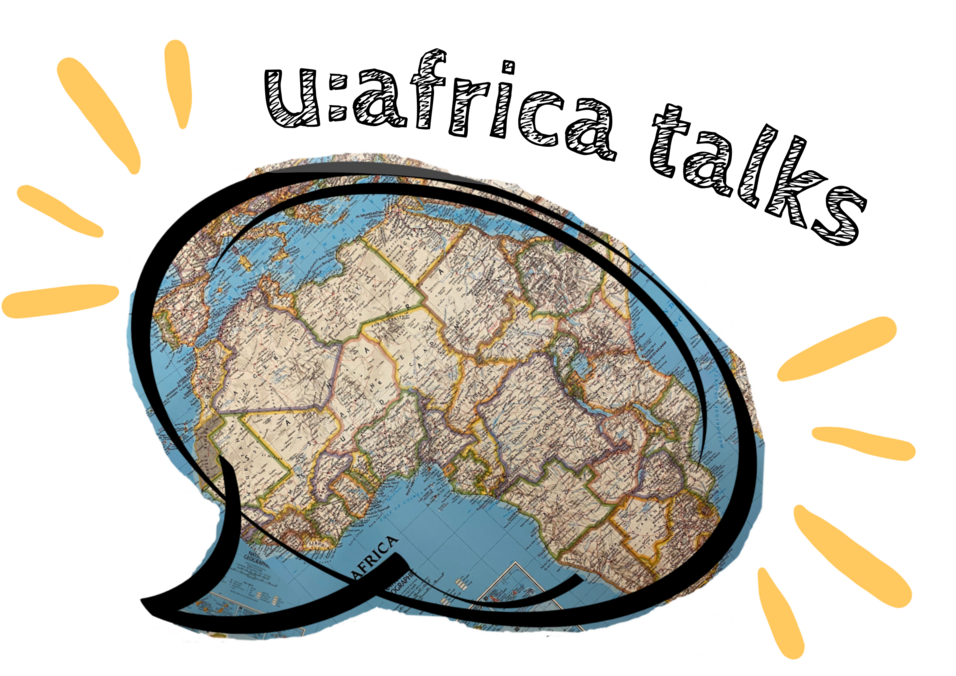The political, cultural and economic role of African diaspora communities has become of central interest to African Studies the last years. This talk takes the recent publication of two books on the Comorian diaspora in Marseille as a starting point for a discussion on postcolonial diaspora. In his book “Genre et Travail au coeur de l’économie globale” (2023), Abdoul-Malik Ahmad approaches the question of diaspora by discussing transnational commercial activities among Comorian women living in Marseille. He especially shows how their commercial activities reflect intersectional power relations, namely class, gender, race, generation and migration experience. Rather than reinforcing the stereotype of the passive, dependent, recluse sub-Saharan migrant woman in need of rescuing, this presentation will show that migrant women are not just victims, but also potential bearers of emancipation strategies, notably through their involvement in the commercial enterprise. In her book “The Diaspora of the Comoros in France: Ethnicised Biopolitics and Communitarisation“ (2022), Katharina Fritsch analyses how diasporic community is mobilized in local politics, cultural markets and cultural spaces and how such mobilisations are shaped by the social categories of ethnicity, generation, gender and class. She shows how practices of community reflect a context of postcolonial France in which ethnicised communities have been marked as the Other of the “nation” or “Republic”. Against this backdrop, diasporic community is discussed as a resource through which its members negotiate and contest postcolonial power relations in France. Both books emphasize an intersectional approach to diaspora, which considers the power relations shaping the Comorian diaspora as a “migrant community” in France as well as community-specific power relations.
Katharina Fritsch studied Political Science and Development Studies at the University of Vienna. She is currently a post-doctoral researcher and Schrödinger fellow at the Cesdip (Centre de Recherche Sociologique sur le Droit et les Institutions Pénales, Guyancourt), where she works on protest (self-) governing in the context of states of emergencies in France. Her research and teaching interests are diaspora and migration research, protest research and (de-)democratization processes, with a focus on postcolonial and intersectional approaches.
Abdoul-Malik Ahmad is a sociologist, owns a PhD from Aix-Marseille Université. He is currently a post-doctoral researcher at the Departement des relations industrielles (Université Laval), where he works on systemic racism and discriminations in Canadian context, specifically the systemic role of the committee of recruitment. His research and teaching interests are gender and intersectionality, racialization and discrimination at work, with a focus on critical race theory.
Chair: Birgit Englert
Tuesday, 25th June 2024, 5:15 pm - Online
Zoom Link: https://univienna.zoom.us/j/63904002477?pwd=UVRFRnp1Y1AvQ0JIL0VBME5URnFsQT09
afrika@univie.ac.at, http://afrika.univie.ac.at

